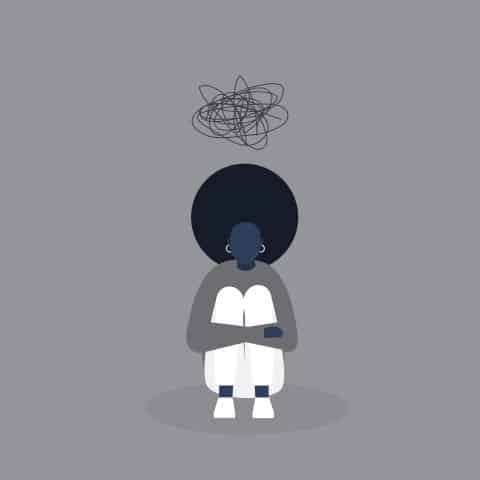Managing ANger
Anger is a natural emotion that everyone experiences from time to time.
Experts tell us that we have the emotion as a way to protect us and help us survive. For example, from something we consider a wrongdoing. Anger can become a problem when you express it through unhelpful or destructive behaviour – either towards yourself or other people. It can also contribute to you developing emotional wellbeing problems, or make existing problems worse.

If you find yourself doing these sorts of things, it might be a sign that you need some support:
- Physically hurting other people (hitting people)
- Verbally hurting people (shouting at people)
- Breaking, smashing or throwing things
- Losing control of how you react
- Spending time with people who you get into trouble with
- Constantly ending relationships / friendships
- Often getting in trouble at school or work

Start by considering these top tips:
- Think before you speak/ react to something...
- Once you're calm, express how you’re feeling/ how something made you feel…
- Remove yourself from the situation...
- Get some exercise/ do some stretching...
- Take time out and focus on your breathing for ten minutes…
- Identify possible solutions…
- Don't hold a grudge, be ready to talk something through and move forward…
**We understand that during lockdown and the Covid-19 threat, it is more difficult to exercise and take a time out, but go for a walk down the street (take your dog if you have one). Concentrate on your breathing, breathe in and out in time with your steps. Remember to follow Government advice and practise social distancing, staying at least six feet or 2 metres away from people.

How does anger affect your body? (For children and young people)
- Knots in your stomach
- Clenching your hands or jaw
- Feeling clammy or flushed
- Breathing faster
- Headaches
- Pacing or needing to walk around
- “Seeing red”
- Having trouble concentrating
- Pounding heart
- Tensing your shoulders

When you start getting upset about something, take a moment to think about the situation.
Ask yourself:
- How important is it in the grand scheme of things?
- Is it really worth getting angry about it?
- Is it worth ruining the rest of my day?
- Is my response appropriate to the situation?
- Is there anything I can do about it?
- Is taking action worth my time?
“Holding on to anger is like grasping a hot coal with the intent of throwing it at someone else; you are the one who gets burned.” ― Buddha

